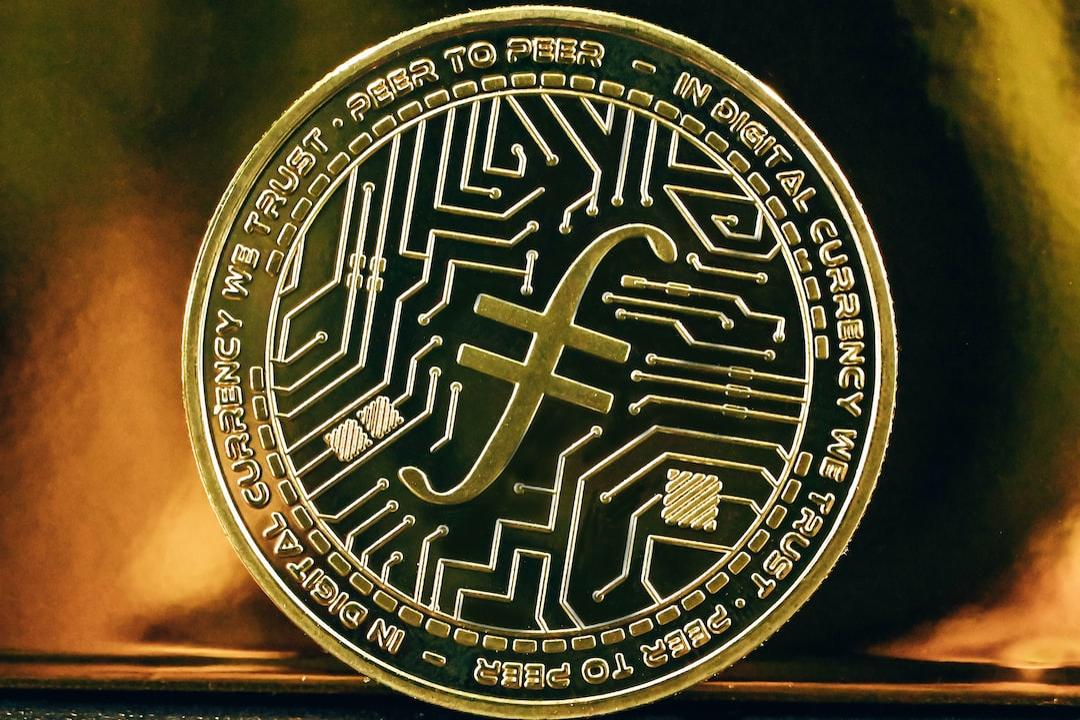Binance, a popular cryptocurrency trading platform, has made the decision to remove the Nigerian currency, the naira, from its peer-to-peer (P2P) service. This move has caused Nigerian users of Binance to express their concerns and complaints on social media platforms. The decision to remove the naira comes after Nigerian authorities claimed that Binance was contributing to the devaluation of the currency. Bayo Onanuga, a presidential adviser, went as far as to say that if Binance is not stopped, it will destroy the Nigerian economy due to its manipulation of foreign exchange rates.
The P2P feature on Binance allows users to trade without the need for a third party, and it gained popularity in Nigeria in 2021 after the government banned the country’s thriving crypto industry during President Muhammadu Buhari’s administration. However, the government has now turned its attention to platforms that provide cryptocurrency services, as the naira has experienced a rapid decline and inflation has reached a nearly three-decade high of 29.9%. These platforms have become known for trading and establishing an informal value for the naira.
Nigerian crypto users have reported difficulties accessing various crypto exchange websites, including Binance and OctaFX. In response, Binance implemented a limit on the selling price of Tether (USDT) tokens on its P2P platform, preventing traders from selling USDT above 1,802 naira per USDT. Despite speculation from the local crypto community, Binance clarified that this price limit was due to an automatic system pause.
Binance is now facing increased scrutiny in Nigeria, as the Central Bank of Nigeria (CBN) has expressed concerns about suspicious fund flows through Binance Nigeria in 2023. The CBN claims that $26 billion passed through Nigeria via Binance in 2023 from unidentified sources and users. Additionally, there are reports that two senior Binance officials have been detained by the National Security Adviser’s office in Abuja, as the country aims to crack down on cryptocurrency exchanges to control speculation surrounding the naira.
Local crypto analysts have expressed disappointment in the government’s unfriendly stance towards cryptocurrencies in addressing the nation’s foreign exchange challenge. They argue that if Nigeria continues to antagonize cryptocurrencies and neglect the importance of manufacturing and exporting, the nation’s financial problems will persist.
Cointelegraph has reached out to Binance for comment on the situation.
In other news, there is a growing trend of Bitcoin usage in Senegal, with the African country adopting BTC for various purposes.


